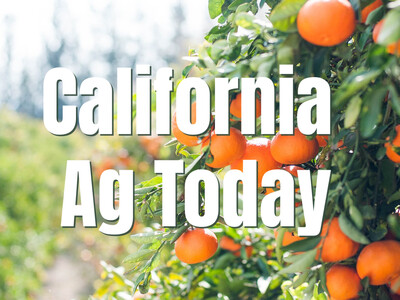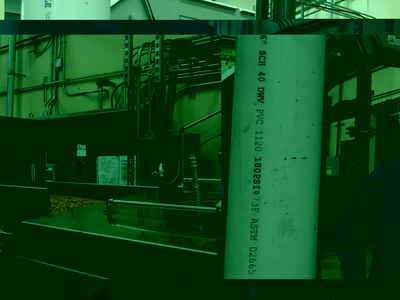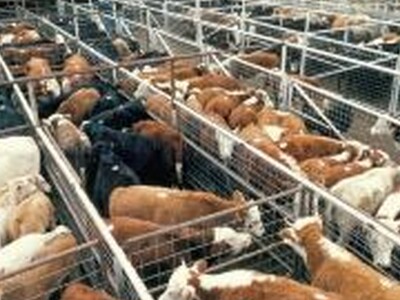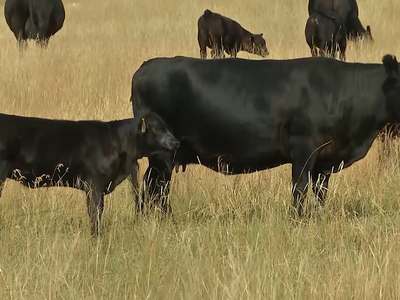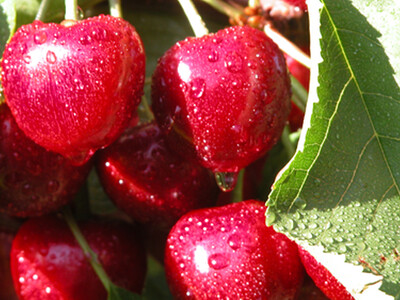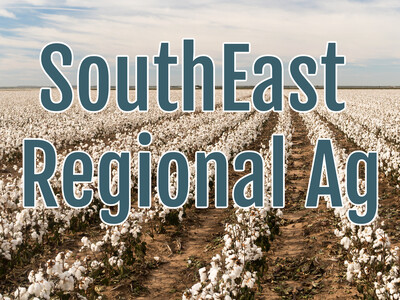7-1 IAN UV Research
Don't toss out your tie die shirts and hang on to your black lights from the 60's because research is showing that milk treated with ultraviolet light may offer an alternative to pasteurization. Hi, I'm David Sparks, and, no I haven't been smoking a hippy peace pipe or having a Timothy Leary moment. According to New Scientist magazine, recent research is showing that UV light not only can kill some pathogens missed by pasteurization, it also saves nutrients like proteins and vitamins that are killed by the pasteurization process. So be cool and hang tight, I'll be back in a minute with more.
At a 3000-cow dairy farm near Ithaca, New York, Rodrigo Bicalho wrestles a 3-week-old calf onto a scale. Bicalho is trying to find out what happens if he gives his calves milk that, instead of being pasteurized, is treated with ultraviolet light.
Exposure to UV light does not kill pathogens, but it damages their DNA enough to prevent them from reproducing. Although the technique can be used to purify water, it is still fairly new technology and it is not yet clear how effectively it deals with viruses and protozoans such as Giardia. That can be a problem when using colostrum, for example. This is the first milk a mammal produces for its offspring, and it provides vital immunoglobulins to prevent disease in the newborn. Pasteurisation denatures these proteins, rendering them useless, says Bicalho, a veterinary scientist at nearby Cornell University. His is the first study to look at whether UV-treated milk might provide a viable alternative.
Pasteurization has led to dramatic declines in foodborne illnesses, including tuberculosis. Exposure to UV light does not kill pathogens, but it damages their DNA enough to prevent them from reproducing. Although the technique can be used to purify water, it is still fairly new technology and it is not yet clear how effectively it deals with viruses and protozoans such as Giardia.






